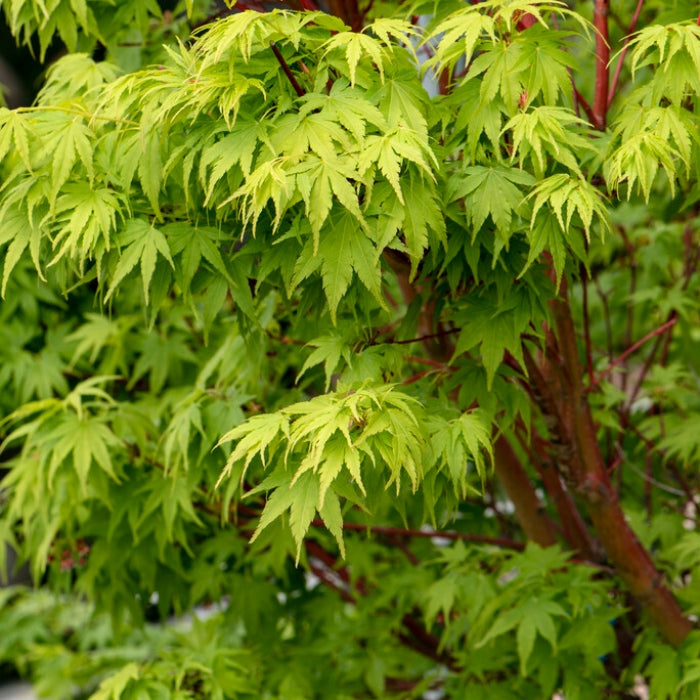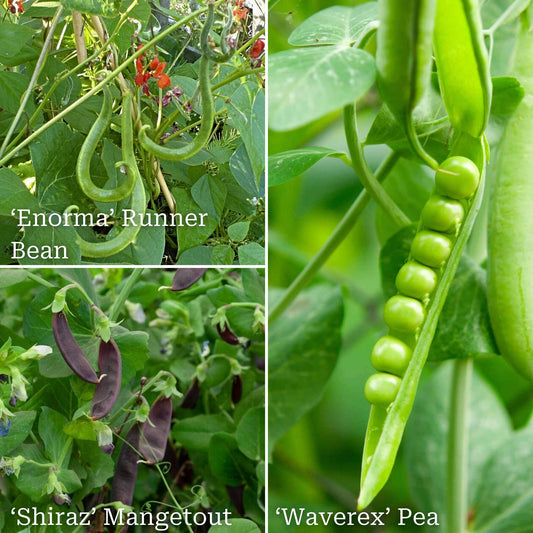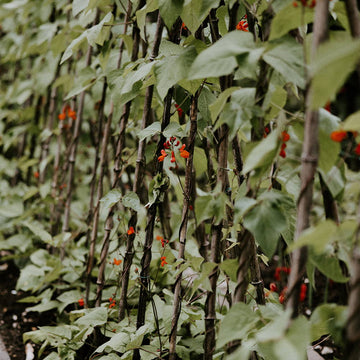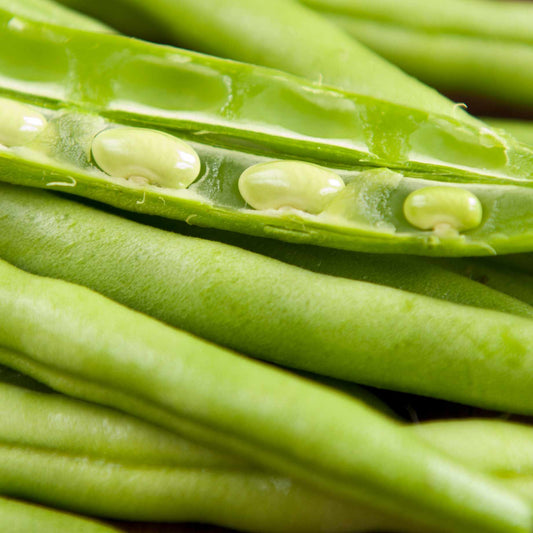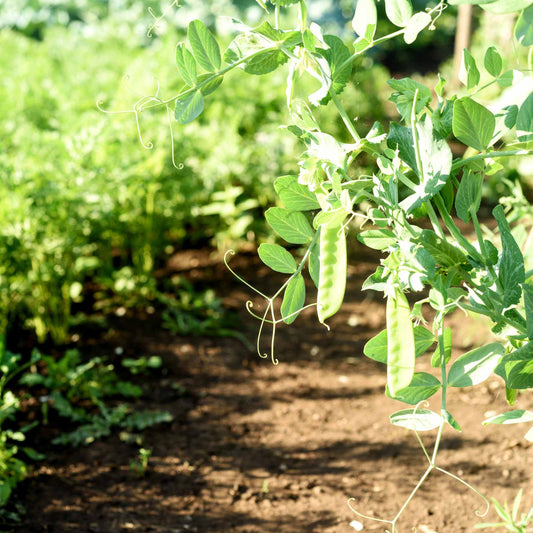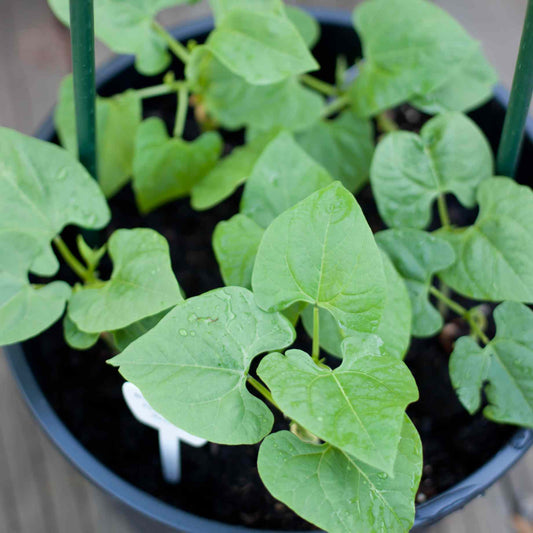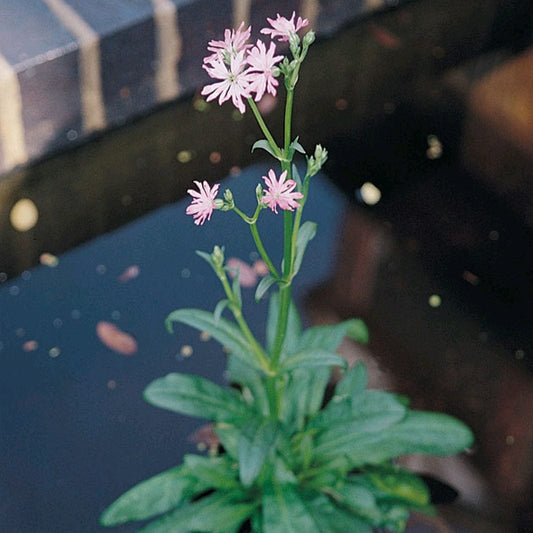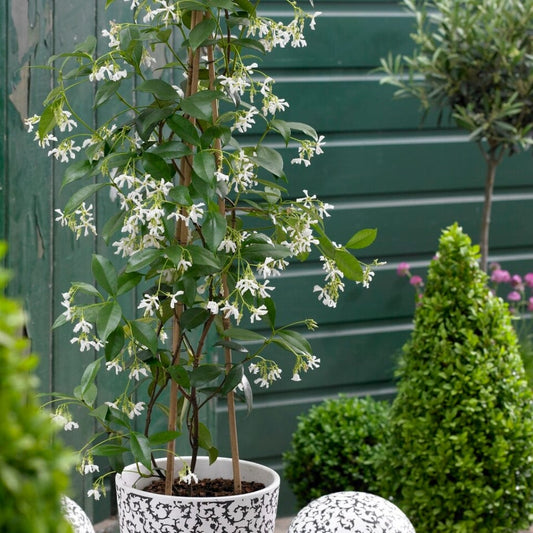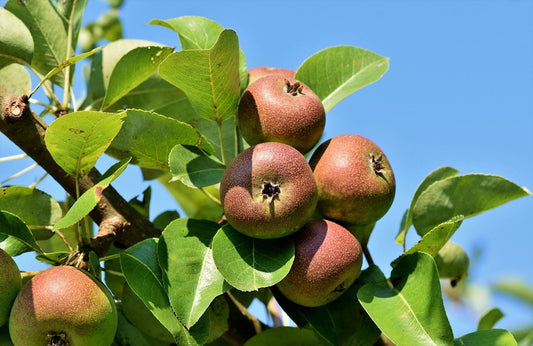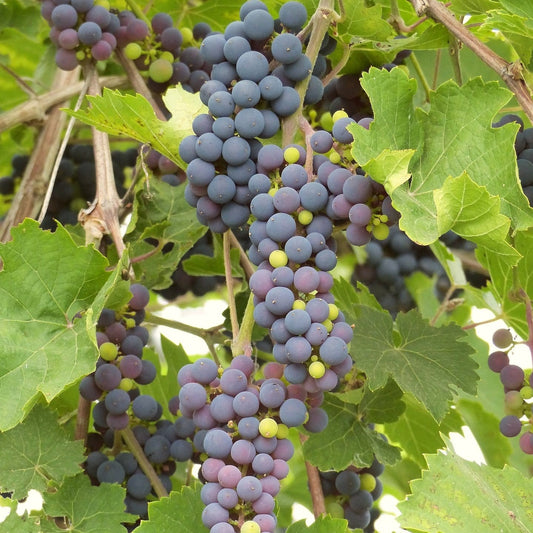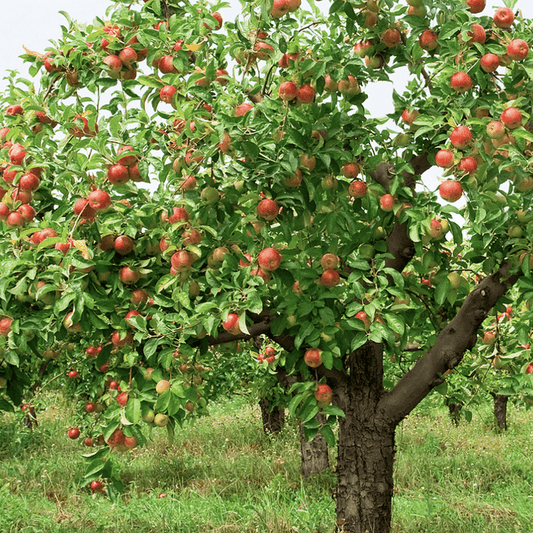Roots' Cotswolds Valley Nursery
Meet Alice
An experienced hand from seed to harvest
Alice is our vegetable grower here at Roots, and has a wealth of experience growing from seed through to harvest. With a background having worked at both the National Trust and Shakespeare’s gardens, Alice pairs time-honoured horticultural traditions alongside the very best modern techniques in our fabulous, purpose-built nursery in Evesham.
Need help picking?
Bean and Pea FAQs
When is the best time to plant peas and beans in the UK?
Peas and beans can be planted in spring when the soil is warm and the last risk of frost has passed. It’s a good idea to plant them in succession for a steady supply throughout the summer.
What type of soil do pea and bean plants prefer?
The best soil for peas and beans is well drained and rich in organic matter such as compost or well rotted manure, ideally at a pH level of 6.0 to 7.0.
How much sunlight do pea and bean plants need?
Peas and beans do best in full sun, and should be grown in a position where they’ll get at least six to eight hours of direct sunlight per day.
Do pea and bean plants need support?
Unless you’re growing broad beans or a dwarf variety of peas or beans, your plants will need some support. Peas need a fine mesh to cling to, whereas climbing beans will twine around canes, trellises or frames - you can find out more about all of these in our guide to supporting peas and beans.
How often should I water pea and bean plants?
Pea and bean plants need a consistently moist - but not waterlogged - soil. This will likely be around once a week but more often during hot, dry spells.
Do pea and bean plants need fertiliser?
Peas and beans are nitrogen fixing plants, so they don’t need any additional nitrogen. You can, however, give them a boost with a potassium and phosphorus based food when you plant them.
How do I harvest pea and bean crops?
Harvest your peas when the pods are plump and you can see the peas inside them. If you’re planning to eat the whole pod (for example mangetout or sugar snaps) you can harvest them sooner, before the peas fully develop. Pick french and runner beans when they’re the size you want them, and other beans when the pods are plump and you can see the beans inside them. If you pick regularly, this will encourage the plants to produce more. There’s even more advice in our guides to growing green beans and growing peas.
Fighting plastic waste
Delivering fresh from the nursery
Supporting UK growers
